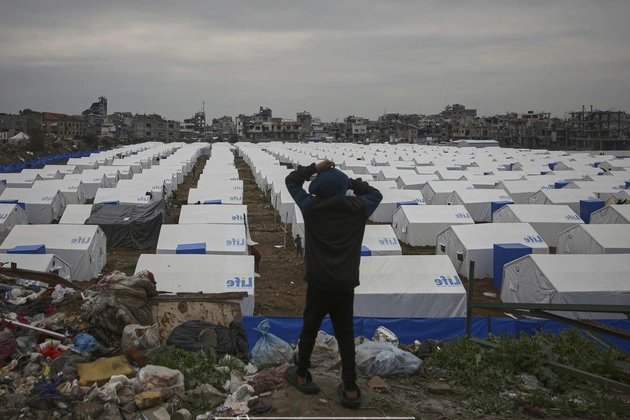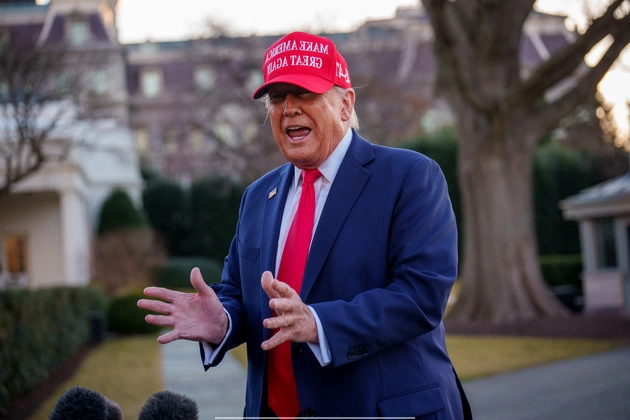
JD Vance, Vice President, has a critical opportunity to showcase himself as a significant figure representing Donald Trump’s interests on the global platform at the Munich Security Conference in Europe. He seeks to position himself as the inheritor of the America First movement.
However, the pivotal question remains: Can anyone truly articulate Trump’s stance?
Challenges Beyond Personal Ambitions
The inquiry extends beyond Vance’s personal aspirations. Observers, both allies, and adversaries, closely monitor a slew of complex issues confronting the Trump administration.
Trump’s domestic agenda includes efforts to resolve the conflict in Ukraine, initiating fresh dialogues with Russian President Vladimir Putin. This has raised queries about his stance on tariffs, tech deregulation in the EU, and his repeated assertions regarding expanding U.S. territorial claims over Greenland, Panama, and Gaza.
Articulating Trump’s Vision
At the Munich Security Conference, Vance faces the task of not only elucidating Trump’s unpredictable statements but also advocating for his interpretation of America First and the broader MAGA agenda.
Compared to Mike Pence’s challenges, Vance’s allies express confidence in his ability to navigate these waters. Vance, considered the administration’s spokesperson, aims to articulate a clear vision.
Last year, as a novice senator from Ohio, Vance made headlines by opposing Ukraine aid, setting himself apart from Senate Republicans. His bold statements at the conference underscored his divergence from conventional party views.
Emerging Challenges and Opportunities
As Vance gears up for discussions at the Munich Security Conference, his rapid rise to prominence draws scrutiny. His messaging, particularly on Ukraine, diverges from Trump’s evolving stance on the conflict.
Engagements with Ukrainian President Zelenskyy and potential deals for U.S. military support underscore the complexity of Vance’s role. While Vance’s influence is acknowledged, questions linger about his impact on critical issues.
The Balancing Act
As Vance treads the delicate line between his personal convictions and the administration’s policies, his interactions with European leaders will be closely monitored. Navigating a coherent message that aligns with Trump’s worldview poses a significant challenge.
European officials and experts eagerly anticipate Vance’s address, seeking insights into Trump’s foreign policy vision. Vance’s restrained approach contrasts with previous administrations, fostering both intrigue and skepticism.
Implications for International Relations
Vance’s dialogue with European counterparts, alongside Defense Secretary Pete Hegseth, underscores a shift in U.S. foreign policy dynamics. European reactions to Vance’s assertive rhetoric may impact transatlantic relations.
While Vance’s vocal stance resonates with some, concerns persist regarding potential discord among America’s allies. The evolving narrative of U.S. involvement in global affairs prompts reflection on future diplomatic engagements.
Future Prospects and Challenges
As Vance emerges as a key figure in the Trump administration’s international engagements, his rapport with the president and European leaders will shape transatlantic discourse. The interplay between Vance’s advocacy and Trump’s directives underscores the complexities of U.S. foreign policy.
Ultimately, Vance’s role as a bridge between the administration and global partners underscores the nuanced nature of international diplomacy in an era of evolving geopolitical dynamics.















